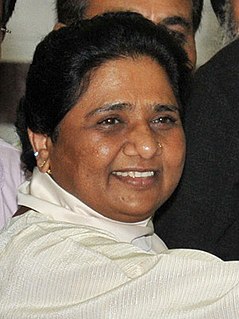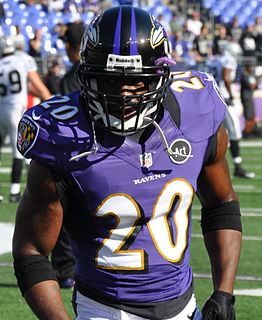A Quote by Maz Jobrani
When you have demonization of a group of people, it's easy to clump them all together and not understand them.
Related Quotes
Like, when we did Parliament and Funkadelic and Bootsy, it was actually one thing. But there were so many people that you could split them up into different groups. And then, when we went out on tour and they [the record companies] would see us all up there together - we had five, six guitars playing at one time, not including the bass! -, they said: "Wait a minute, that's just one whole group, selling different names!" But it wasn't - we had enough people in the group that each member would have a section to be another group. So now we're finally starting to get them to understand that.
The only way to resonate at a level that persuades is to know who you are addressing. If it's true that the Audience is the hero, you need to spend time thinking about them. Really getting to know them to the point it feels like they are a friend. May times we picture our audience as a large clump of strangers. Instead, you need to picture them as individuals standing in line to have a personal conversation with you. It's easy to persuade a friend, you need to think about your audience until you know them as a friend.
It was the sibling thing, I suppose. I was fascinated by the intricate tangle of love and duty and resentment that tied them together. The glances they exchanged; the complicated balance of power established over decades; the games I would never play with rules I would never fully understand. And perhaps that was key: they were such a natural group that they made me feel remarkably singular by comparison. To watch them together was to know strongly, painfully, all that I'd been missing.
Maybe divisions like that are easy for people to accept, because then you don't have to make an effort to understand people or appreciate each of them. You just give them a general name: "black people" and "white people." "Tall people" and "short people." "Man" and "woman." But we have to forget about all those terms. Every individual is unique in herself or himself.
If you think about it, there's not a religious group, there's not a nationalistic group, there's not a tribe, there is no grouping of people to my knowledge, of any consequence, who have not, at one or another time, been the object of hatred, racism, or who has not had people against them just because they were them.


































